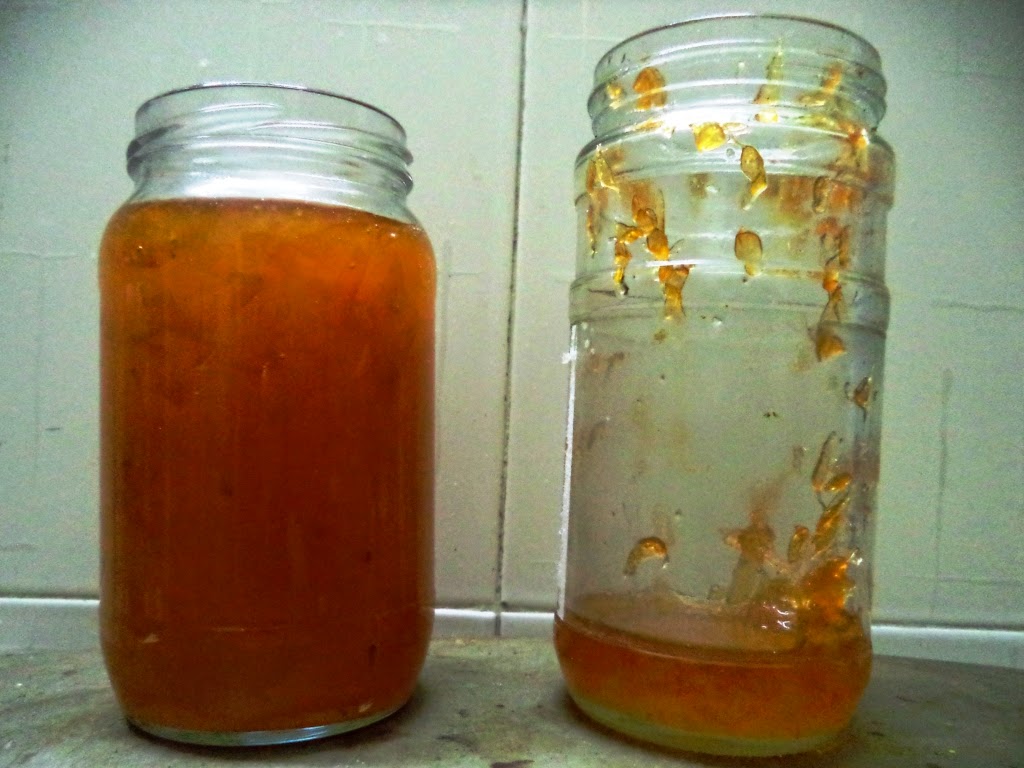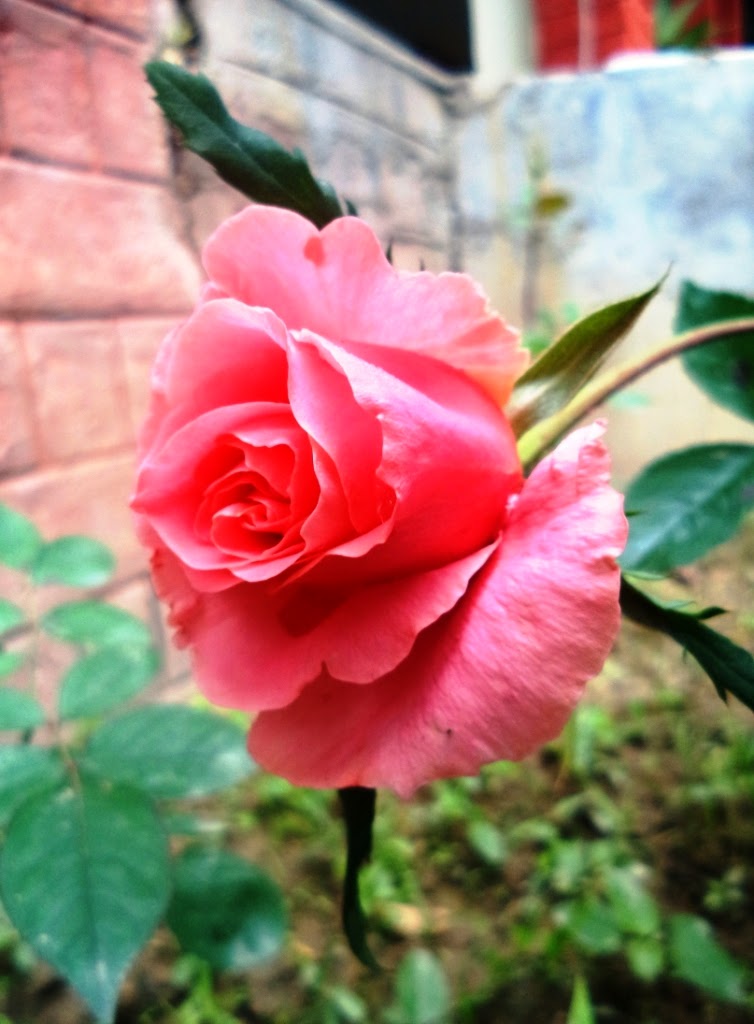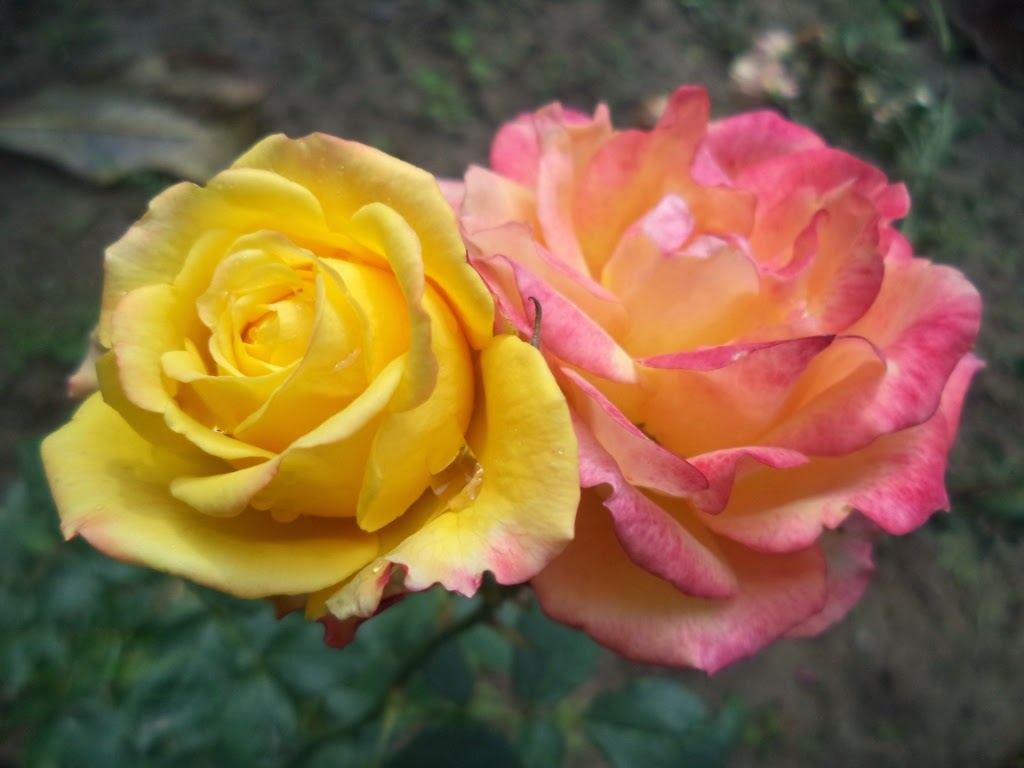Monday, January 19, 2015
Diagnosing the unknown
One of the major
challenges in a poor resource setting is to diagnose conditions when the
history given is poor. Of course, there are occasions when one cannot come to a
straightforward conclusion even with the latest equipment.
Last week, we had a
patient where we could not come to any conclusion about the diagnosis.
RRD, a 12 year old girl
was wheeled into emergency one day evening with a history of becoming confused
after having returned from the fields. She was frothing from the mouth and
nostrils and had a bradycardia. She was not able to narrate anything. Her uncle
who had rushed her to hospital told us that she claimed that she was bitten by
something.
The first thing we
thought about was a scorpion bite. However, I was not sure about bradycardia being
a part of a scorpion bite syndrome. I expressed my doubt if this was a scorpion
bite. The relatives told that there was very less of a scorpion bite as it is
very harsh winter and the region they come from does not have scorpions.
Then, one of the relatives
told us about the possibility of her having accidently ingested some poison.
Maybe, she has eaten some vegetable on which pesticide was applied very
recently. A phone call to home and someone confirmed that she had eaten couple
of tomatoes and peas as she walked across the fields. But, she did not have
constricted pupils. Rather, it was dilated, but reacting to light.
Giving a benefit of
doubt, we gave her atropine. The bradycardia got taken care of. But then, we
realised that she was going into pulmonary edema. Soon, we had to intubate her
and she was on manual ventilation. Nevertheless, the pulmonary edema was quite
bad. We had to pump her little body with over 120 mg of Frusemide over couple
of hours. And even after we had got the pulmonary edema in control, she needed
10 mg Frusemide per hour.
She was not fit for
transport. However, she improved miraculously overnight and we could extubate
her and by morning next day, she was sitting up and talking. But, she was not
all well. She was breathing fast and there was tachycardia. We suspected
myocarditis.
RRD also told us that she
felt a searing pain on her right ring finger as she was searching something on
the ground. She did not remember about what happened after that. She faintly
remembered being taken to a witch doctor.
Her family was well off.
We told the family of getting a consultation elsewhere. They happily took her
further. We’re yet to hear from them.
I still think that she
had a scorpion bite. The only hitch was that there was no local sign of a bite.
I wonder if we could have
given the Prazocin tablets without confirming that it was a scorpion bite. I
also think that the Atropine did more harm than good. But, then, we did not
know what we were dealing with.
I shall let you know as
soon as we hear more about it from the family . . .
Monday, January 12, 2015
Calamondins
CALAMONDINS - yes, that is the name of the little oranges in my post on the limes of Kachhwa.
More snaps of the same. And the best part, they make really good marmalade with a very different flavor. The downside - one plant gives only about just enough fruit to make couple of half little bottles of marmalade.
Snaps from the marmalade making process. The recipe is from this blog.
 |
| The bottle on the left is from Calamondin and the one on the right from Orange. |
By the way, nobody got the answer posed in the previous blog.
A Challenge
Over the last few weeks,
we have had quite a lot on how India’s ancient were quite progressive in
science and technology and it was only an irresponsible government coupled with
left wing ideologues who suppressed such information.
I’m sure that there were
quite a few things we knew about India’s contribution to science and
technology. I’m very familiar with the names of Sushruta and Aryabhatta from
childhood. And of course later names such as JC Bose, CV Raman, S. Chandrashekhar,
Hargobind Khorana etc. are quite familiar.
However, as of now, we
all know that our country is struggling with a myriad number of issues which can
be solved. The Mangalyan exploration proves that we have quite innovative and
brilliant scientists who will excel if given the right environment.
Last year saw a lot of
challenges. In this post, I challenge my countrymen to come up with 5 issues
which need to be addressed by Indian scientists as a priority. Here is my list
of 5 challenges to each one of us, especially those of us who are students of
science - - -
1. Tuberculosis continues to
be a major killer in our country and other developing countries. We still rely
on sputum microscopy which is quite an ancient test by medical standards for
routine diagnosis. To make matters worse there has not been much change in the
drugs which are used to treat the disease. We need faster and cheap diagnostic
techniques and newer drugs which can be taken for shorter duration and has low
drug resistance.
2. We depend quite a lot on
fossil fuels. We’re yet to increase our reliance on non-conventional and
environmental friendly sources of energy. In fact, we seem to have joined the
race of development at the expense of the livelihood and existence our many
traditional people groups who live in areas of fossil fuel deposits. We need
research on solar energy and other possibilities of energy sources.
3. The human race generates lots
of waste. And waste pollutes. Could we have research on minimizing and
recycling waste?
4. Non-communicable diseases
are a major scourge. Traditional systems of medicine promise quite a lot forprevention and treatment. However, there is very poor research done on their
efficacy.
5. Our eco-diversity is
under threat. Even some of the foodstuff which was common is not seen of
recent. Traditional foods are slowly on the way out. Whatever research was done
on them have shown them in good light. More research needs to be done. Can we
look at our ancient texts about spices, vegetables and cereals used in ancient
times? We not only need to conserve them but also popularise them. It can only
be done through proper research.
Few reasons I can think
about as reasons for non-acknowledgement of our contribution to science and
technology.
a. We don’t document
anything. Whatever is documented is done in a language which is not understood
by much of the population. Therefore, the first step can be to translate all
Sanskrit documents into a commonly used language.
b. We bicker among
ourselves. We are famous for pulling each other down. I hope you heard about
the story of the Indian crabs.
c. Whatever we discover, we
do not share with the wider population. The discovery remains with a few elite
and the technology is not shared for common benefit. Documentation in an elite
language ensures the knowledge being limited to a certain group of the
population.
If we are so sure of our scientific
capabilities, I challenge the government and our scientists to take these
issues seriously. If we do, I’m sure that the next century is going to be that
of India.
Thursday, January 8, 2015
Subscribe to:
Posts (Atom)






























